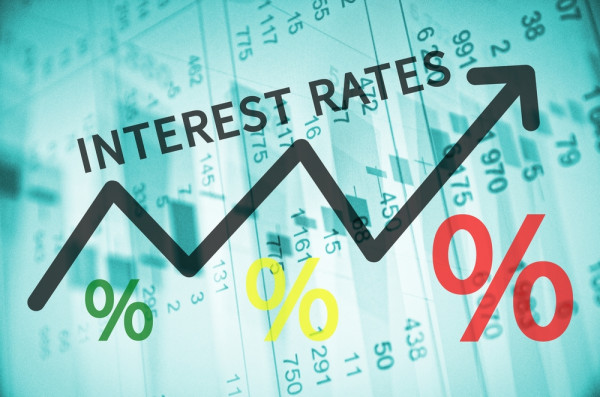Monetary Policy Committee (MPC) and the latest on monetary policies effecting mortgages
- Authors
-
-

- Name
- Patrick Maflin
-

With September's gathering of the Monetary Policy Committee (MPC), marking the first meeting since 2021 where they decided not to increase the base interest rate, attention is focused on the current state of play. Borrowers are particularly encouraged by the possibility of falling rates in the future.
After the 2008 financial crisis, the Bank of England (BoE) aimed to stimulate borrowing and spending in the UK economy by maintaining a record low base interest rate of 0.5% from 2009 to 2016. However, in recent years, there has been a significant shift that has not been favorable for borrowers.
Global events, such as Brexit, the COVID-19 pandemic, and Russia's war in Ukraine, have had a notable impact on financial markets and monetary policy. In response to rising costs of energy and other necessities, authorities have steadily increased the interest rate.
The rationale behind this increase is that higher interest rates encourage saving and discourage borrowing, which reduces consumer demand for products and services. Over time, lower demand should lead to decreased prices or slower price increases.
During this period of volatility, mortgage providers have closely monitored market forecasts. As a result, variable and newly offered fixed interest rates have often seen preemptive increases, as banks seek to mitigate risk in case the base rate rises.
The current application of monetary policy is resulting in a slowing rate of inflation, which may indicate the possibility of lower interest rates in the future. Reputable sources predict that the BoE's base rate will likely remain at its current level of 5.25% for most of 2024, with a decrease to 3% expected in 2025. However, banks may be cautious about preemptively reducing rates, as forecasts are not guarantees and mistakes in this area could be costly.
Here are a few quick definitions to clarify some of the terms used:
- Inflation: A measure of how the average price of certain goods and services has increased over time.
- Base interest rate (base rate): Also known as the bank rate, this is the minimum interest rate charged by and offered to banks.
- Monetary Policy Committee (MPC): A group of 9 individuals who meet every 6 weeks to discuss inflation and growth targets for the UK and set the base interest rate.


